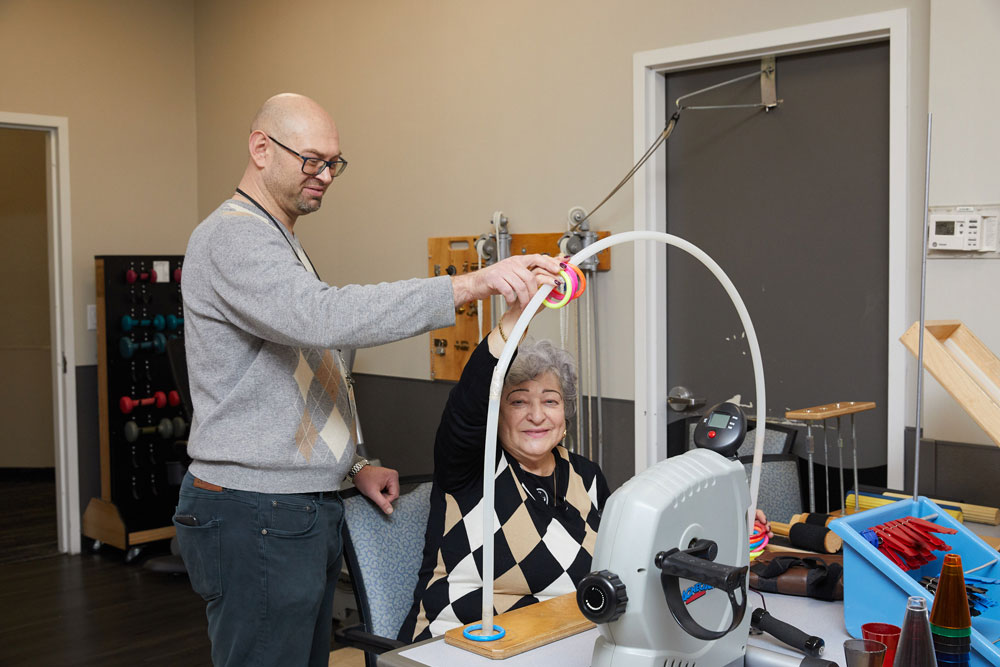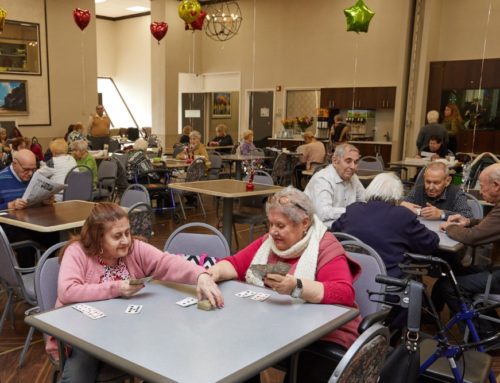How Effective Is Occupational Therapy for Mental Health
Did you know that occupational therapy had in fact its roots in mental health? Even though OT is nowadays most practiced in physical rehabilitation, its historical origin was to help American soldiers from World War I recover their mental health.
Indeed, occupational therapy is looking at physical and mental skills required to perform activities patients both need and want to do on a daily basis. Now, Is it really efficient though to recover well-being? Knowing more about the role of occupational therapy as a mental health treatment option might help you select the best care for you or your loved one.

Can Occupational Therapy Help to Improve Mental Health?
Yes, absolutely. Let’s look at some examples of occupational therapy interventions. The following may be carried out during this therapy with mental health patients:
- Educating on how to live independently
- Teaching interpersonal and social skills
- Educating on stress management, assertiveness, hygiene
- Collaborating on career skills and choices
- Helping develop and engage in leisure activities
- Providing cognitive behavioural therapy and cognitive rehabilitation, helping patients to think in a more realistic way
This holistic approach definitely has its place in the treatment of mental illness in adults and seniors, and should be considered increasingly.
What is OT in cognitive health?
Occupational therapy in mental health focuses on inducing hope, motivation, empowerment, as well as helping build resilience. These are long-lasting benefits while recovering from mental health issues.
OT might also contribute to helping older adults stay in their home, a reassuringly familiar environment. It is completely tailormade, unlike many other therapies.
What makes occupational therapy unique is that therapists are trained in physical rehabilitation as well as mental health, both often being interconnected. On top of that, they are trained in many aspects of the mental health recovery process such as cognitive assessment, group process as well as sensory strategies.
At least 25% of the elderly population experiences mental illnesses, such as depression, anxiety, or dementia. This rate increased in the last couple of years with the impact of multiple Covid-19 lockdowns and social distancing measures. Many older adults became depressed following isolation from their relatives and facing the grief of loved ones.
The consequences of depression in this group can be devastating, besides robbing them of happiness in their final years. For instance, depressed older adults tend to recover more slowly from medical disorders such as hip fractures.
Physicians may prescribe medication, physical and speech therapy to address mental illnesses. Occupational therapy (OT) is another treatment option aiming at improving mental health in a holistic way.
These “occupations” include activities of daily living, education, work, social and leisure activities. The therapist will help patients in the process of recovery by modifying the occupation or the environment they are in, so that they can fully engage in daily tasks. This leads to recover a sense of accomplishment and pleasure from their wants and needs, which in turn motivates them to participate fully in life again.
Occupational therapy is usually part of a holistic program relying on the collaboration between the patient and the therapist, involve psychiatrists, social workers and families. Occupational therapists might report on potential side effects of a new medication on the patient’s mental ability to ensure the safety and efficiency of treatment.
Sources:
This article is for educational and informational purpose only and does not substitute for professional medical advice. For any questions about your own health condition, speak to a qualified physician or healthcare provider.







Leave A Comment